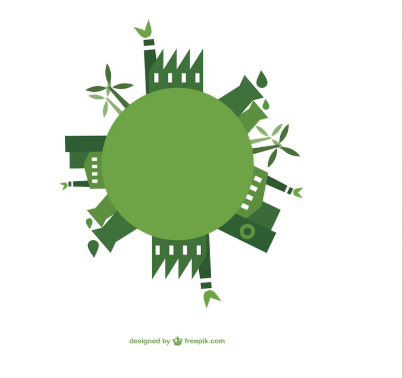











The expected outcomes of this study include: (1) a semantic eco-design knowledge system powered by large language models that integrates standards, case studies, and design elements into a unified framework; (2) a natural language interaction platform that enables collaborative participation in eco-design processes by both experts and non-specialists, thereby democratizing sustainable design; (3) the development of a generalizable AI design support tool that provides intelligent eco-design suggestions across industries such as manufacturing, consumer goods, and architecture; (4) quantifiable performance metrics, such as reduced design cycle time, carbon footprint reduction, and increased usage of environmentally friendly materials, to evaluate the model’s practical impact; and (5) real-world case studies demonstrating the application of OpenAI models in green design, advanced knowledge modeling, and multi-objective decision-making, thus contributing to their societal value in sustainable innovation.





